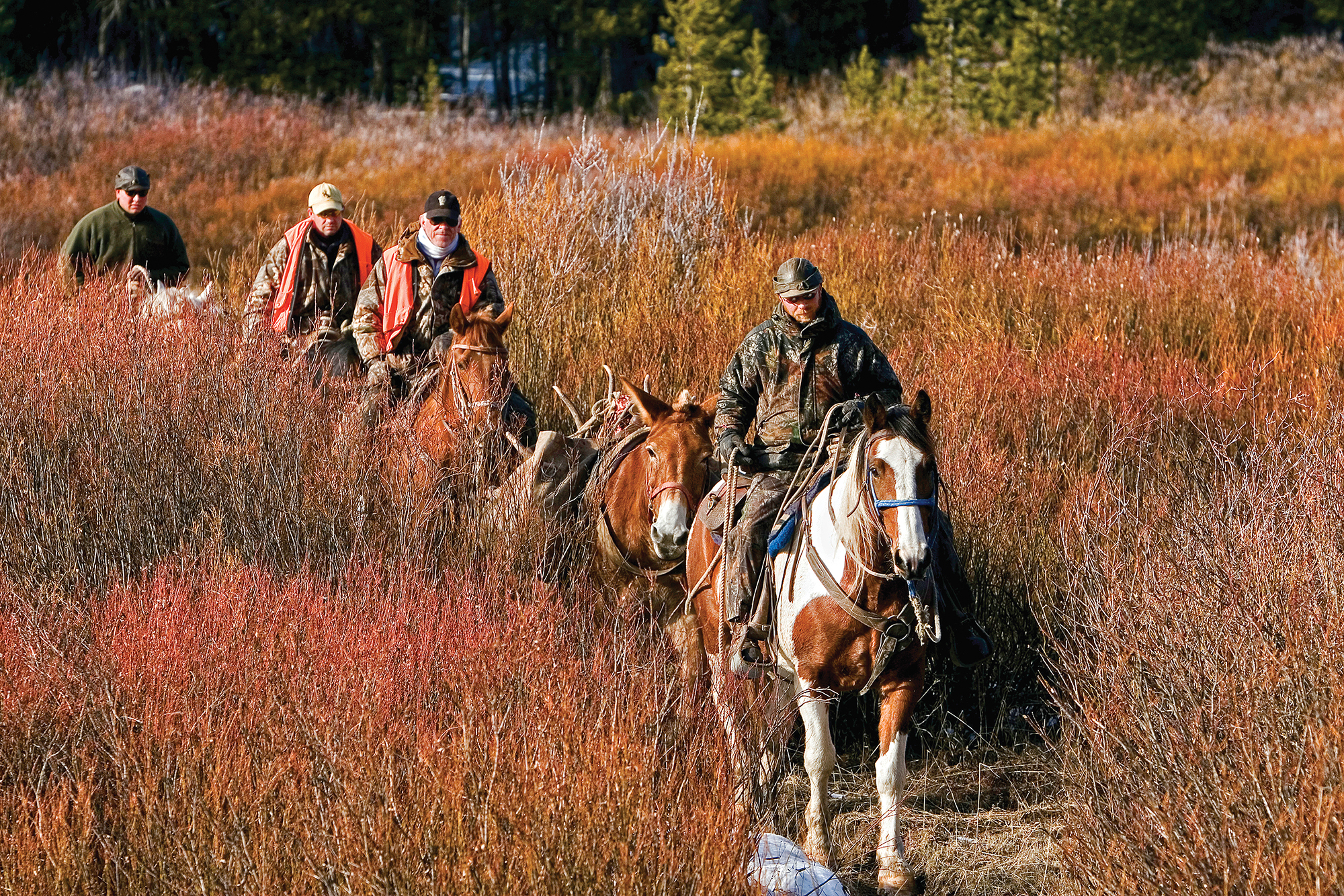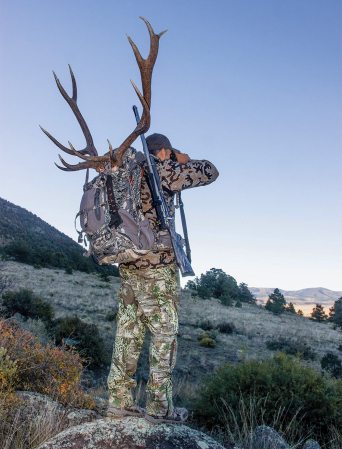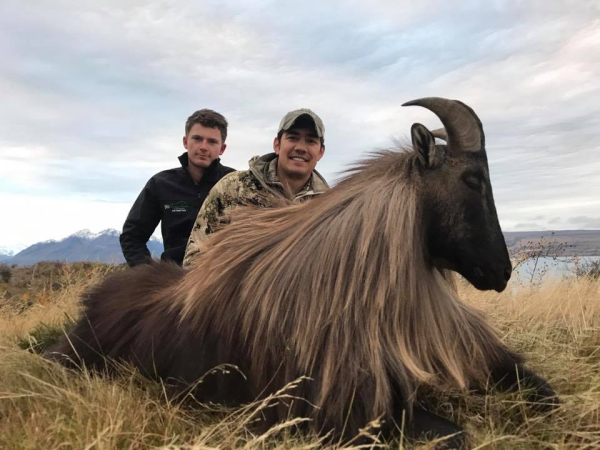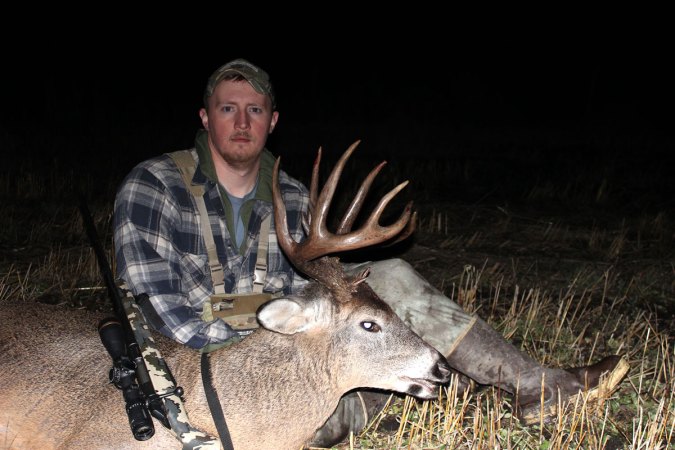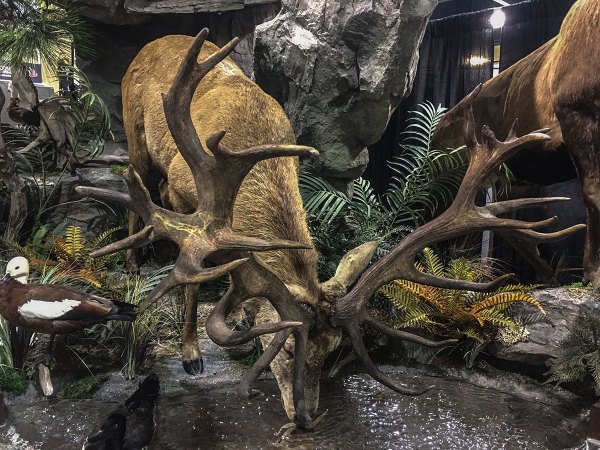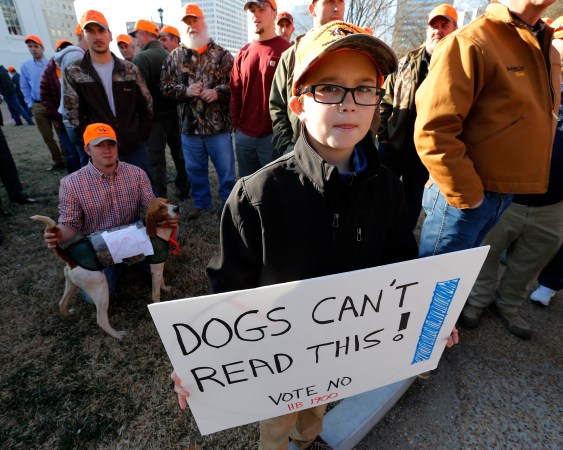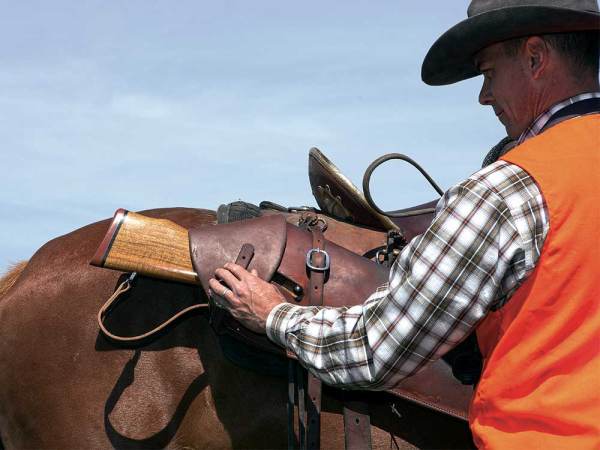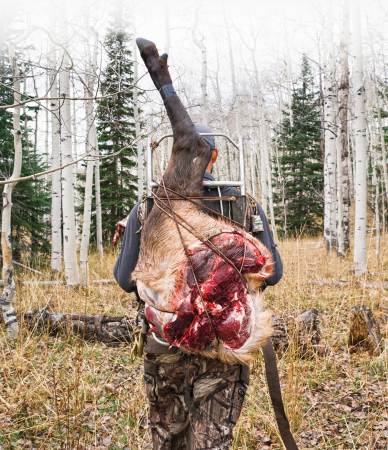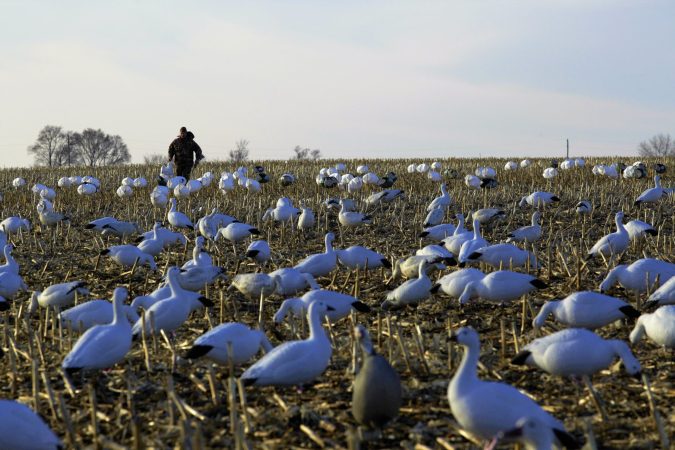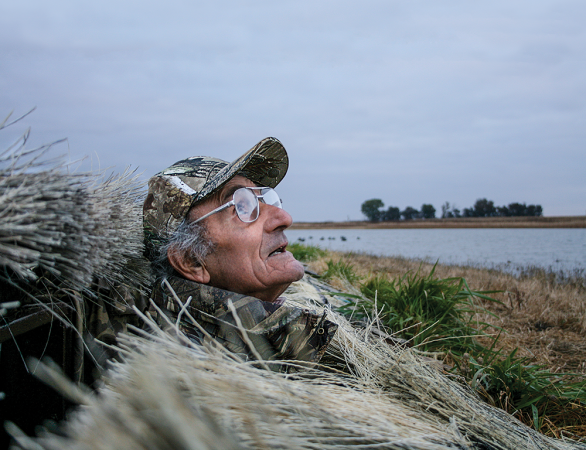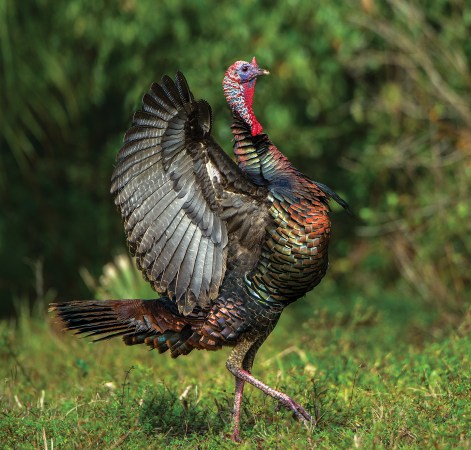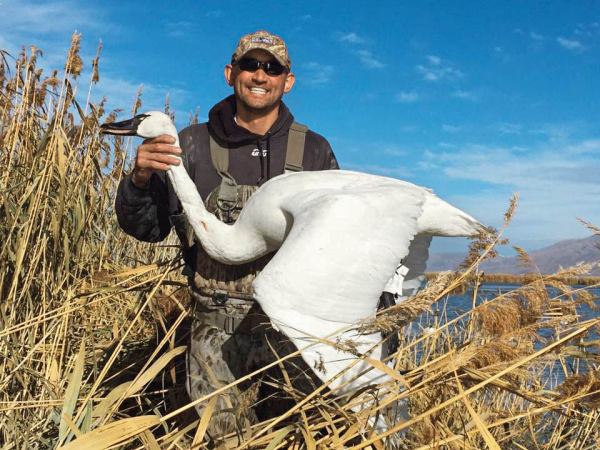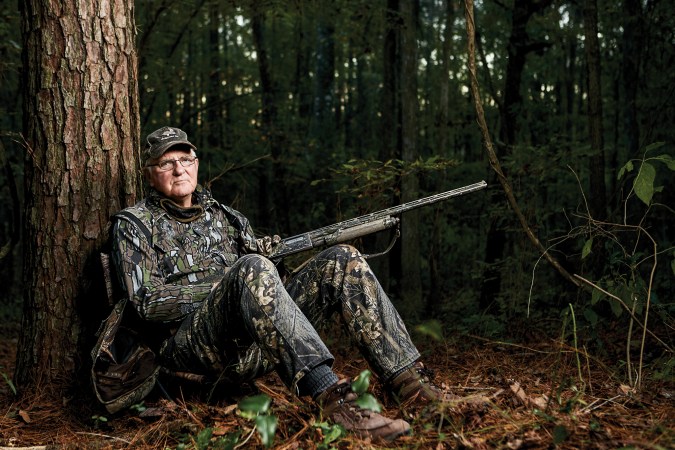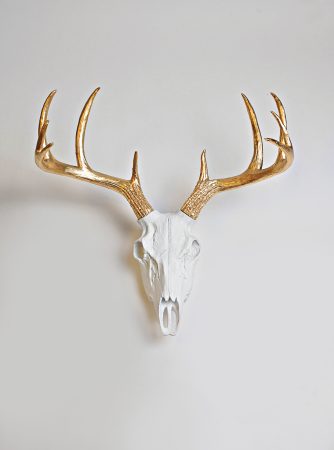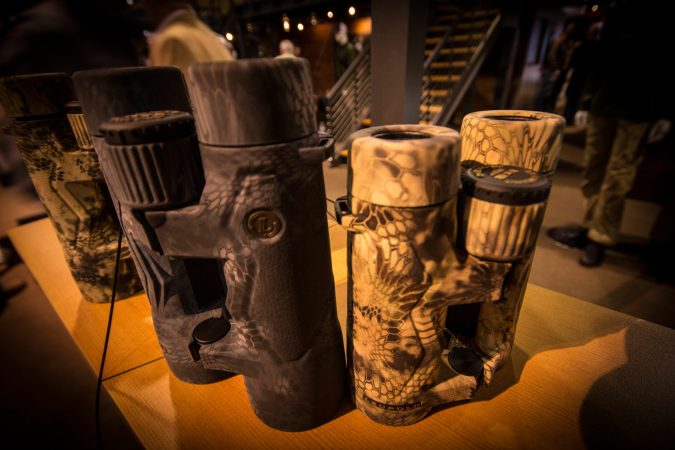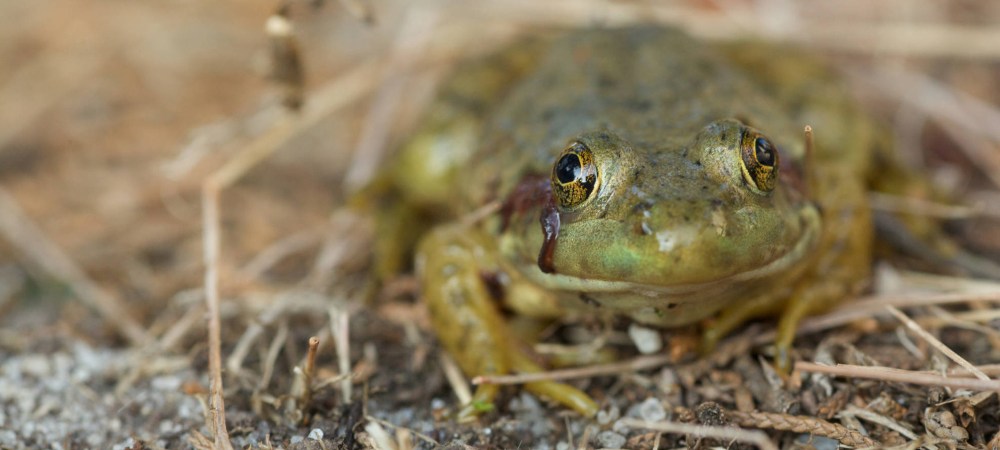A guided hunt is a team effort. The client helps finance the operation, and the guide or outfitter provides logistical support and an intimate knowledge of the game, the area, and any regulations. Under the best circumstances, a guided hunt works out well for both parties. Sometimes the hunt becomes a yearly event. And in the best cases, that once-in-a-lifetime hunt produces a once-in-a-lifetime animal, and the partnership turns into lasting friendship.
But not all hunts work out that way. Sometimes it’s the fault of an outfitter or guide who overpromises and underperforms. Just as often, though, it’s the client who ruins the day, with unrealistic expectations of the guide, the game, and his own abilities, or simple naïveté about the true nature of the hunt.
Walking along the aisles at hunting trade shows and staring at the photos and mounts is enough to make anyone a bit impulsive. But slow down—there’s a lot at stake here. Do a little homework and ask the right questions before you invest in your first—or next—guided hunt. Here’s how.
DON’T
Over-talk inches of antler: Leading with questions about trophy expectations shows where your priorities lie, says Andy Savage of Heaven’s Gate Outfitters in Idaho. Even if your goal is to tag a record-book critter, your biggest-or-bust attitude will be offputting.
Brag about your abilities: Savage says that the hunter who immediately says he can outwalk anyone in the outfit or make a shot out to 1,000 yards probably won’t make a very good camp companion. Or, as Lance Kronberger of Freelance Outdoor Adventures in Alaska says, “I do not brag to the carpenter who is building my house about how good I am with a hammer.”
Have unreasonable expectations: Everyone wants to take a good animal on a guided hunt, but sometimes that just doesn’t happen. Part of that has to do with understanding your game. Grizzly bears, for instance, exist in densities far lower than do elk or deer, so you can’t expect to see as many bears on a hunt as you would those other species. Savage winces when a hunter asks him about success rates and whether he will guarantee a kill. Hunting free-ranging game is a challenge, and the real reward is the experience, he says.
DO
Understand what you’re getting into: Both Savage and Kronberger say that the best clients will ask questions that help them better prepare for the hunt. One of Andy’s favorites is, “Can a guy my age and with my physical ability do this hunt?” Ask questions about physical expectations, how far you’ll need to be able to shoot, and the type of accommodations offered, and be honest about your own limitations.
Ask about the operation: A savvy client looks for references (10 to 20, says Savage, not 3 or 4), asks what percentage of hunters are repeat clients, and wants to know how long the guides have worked for the outfitter. All this will help you better understand the quality—and longevity—of the outfitter’s operation.
Have a positive attitude: “Hunters only have a couple of important jobs on the hunt,” says Kronberger. “Show up in the best shape possible, shoot straight, and have a positive attitude.” On most hunts, you can’t be sure of a kill, but you do have a hand in cultivating a positive and rewarding experience.
